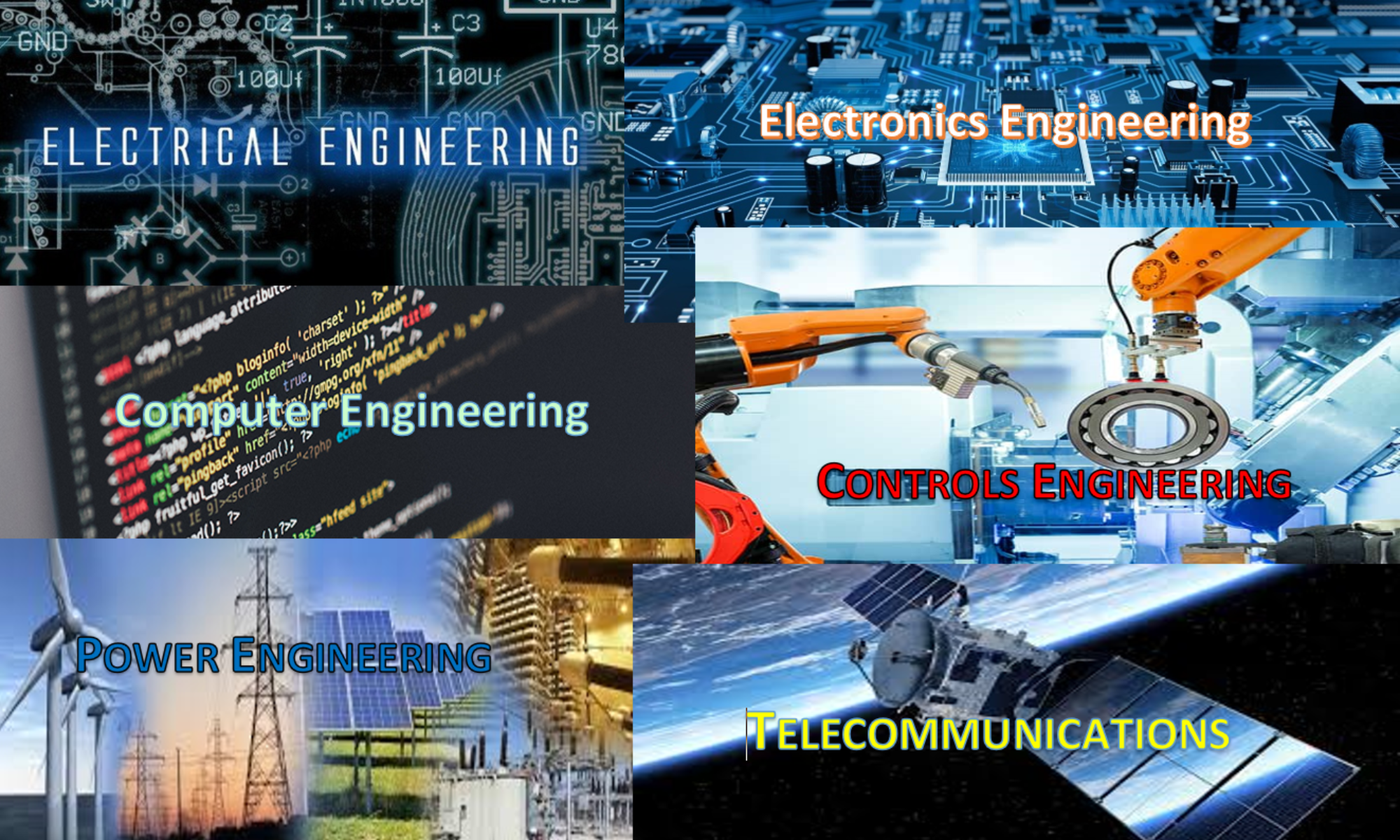EnergyCentral.com (Daily Energy Insider)

“Entergy Texas said it had updated its application for the U.S. Department of Energy’s (DOE’s) Grid Resilience and Innovation Partnerships program to secure funding for an infrastructure and electrical grid hardening project. Energy applied for $107.5 million in federal grants to improve the resiliency of Port Arthur, Texas’ power grid.
If approved, the funds would help the company improve the resiliency of the power grid in Port Arthur, which have historically been affected by extreme weather events.”





